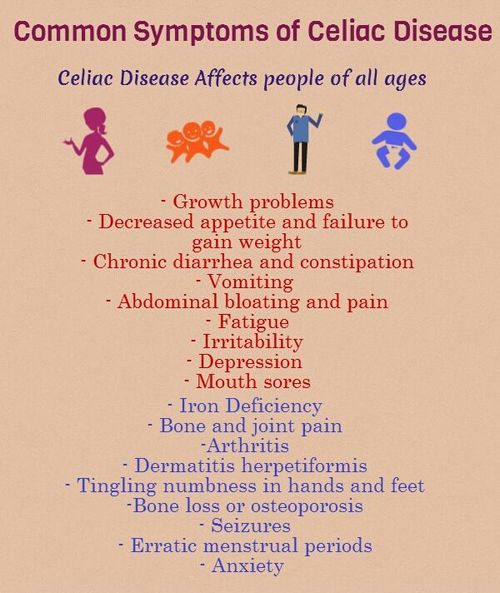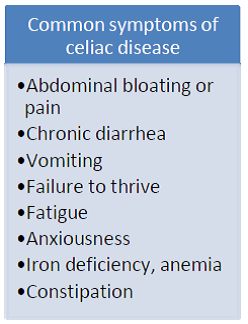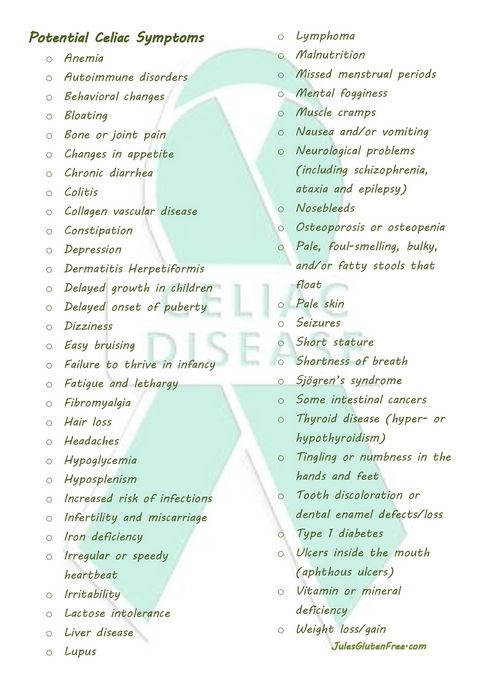
Gluten intolerance is a severe form of gluten allergy. In those with gluten intolerance, repeated exposure to gluten results in the destruction of the small intestine’s lining, which impairs its ability to properly absorb certain essential nutrients. In most cases, gluten allergy will go away on its own after the digestive tract has had a chance to heal itself.
Some individuals with gluten intolerance can live healthy and disease-free lives without the need for gluten. They may even have no symptoms at all. The gluten-sensitive individual will be more sensitive to things such as food additives, refined sugars, preservatives, hydrogenated oils, additives, and other foods that are derived from wheat, rye, and barley. Other individuals with gluten intolerance experience very extreme symptoms such as joint pain, depression, dizziness, headaches, nausea, diarrhea, and constipation.
While it is impossible to predict who will have symptoms and what types of symptoms they may exhibit, one must be aware of certain signs or symptoms of gluten allergy that can help identify a person who may be allergic to this protein. Gluten intolerance symptoms in those suffering from celiac disease include:
o A food allergy can be very easy to miss. A person with a food allergy may not show any symptoms at all. However, if the food allergy is severe, a person could experience anaphylaxis, a life-threatening condition where the lining of the mouth and the throat swell up to the point where breathing is difficult. It is possible to survive anaphylaxis, but it can be deadly.
o Skin Rash. This may come in the form of a rash, in which the skin becomes red, irritated, or itchy. When a person is gluten intolerant, he or she may suffer from eczema, a condition that causes scaly, itchy skin.
o Digestive system inflammation. This occurs because the body’s immune system is unable to process gluten and is causing a reaction within the intestine that leads to inflammation. This may occur in the mouth or in the digestive system.
o Diarrhea and abdominal pain are common side effects of gastrointestinal disorders, but diarrhea and abdominal pain are also common symptoms of celiac diseases. Digestive problems can be caused by a combination of many things. A person with celiac disease can suffer from a leaky gut or leaky bowels, which may lead to diarrhea. This type of diarrhea can lead to dehydration and weight loss.
There are several things that can cause symptoms of gluten intolerance, some of them related to genetics and some to diet. The more severe your symptoms, the more likely that you are to have gluten allergy. Gluten intolerance symptoms can be caused by anaphylaxis, or celiac sprue, although this should be treated by a doctor.
Because gluten allergies can be so serious, they require treatment.

There are over-the-counter medications for some people, and there are also medications that can be prescribed by a doctor. Medications can also be purchased over the counter, if a person is unable to tolerate the side effects of these medications.
Those with celiac disease should consult a doctor if symptoms of gluten allergy become apparent. If the doctor determines that your symptoms are consistent with an allergic reaction to gluten, you may need to change your diet. to avoid further aggravating the symptoms. Many foods containing gluten are still available, so you can still eat them.
To make sure your symptoms do not come from gluten allergy, you can test yourself for gluten sensitivity. and determine if you are sensitive to gluten in the foods that you eat. If you have been eating gluten-rich foods regularly, then testing for gluten sensitivity will give you a better idea of what your sensitivities are.
If you suspect that you are gluten intolerant, it is important to make changes in your diet to avoid gluten. Some of these changes may include using wheat substitutes as much as possible, avoiding foods that contain gluten, and eating foods that contain only high-fiber foods. You can also find out if you have other food allergies by performing a blood test for gluten antibodies.
